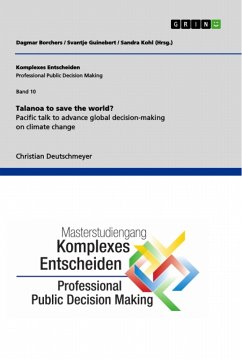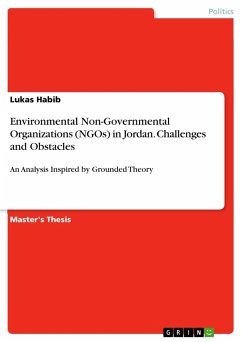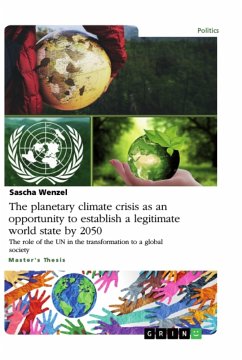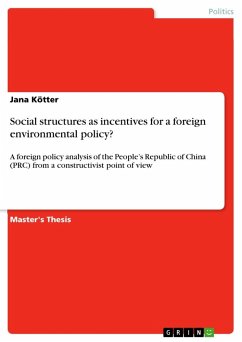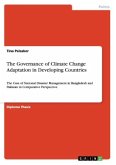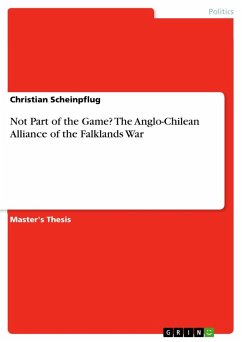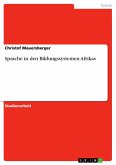Master's Thesis from the year 2018 in the subject Politics - Environmental Policy, grade: 1,0, University of Bremen, language: English, abstract: After the success of the Paris Agreement in 2015, global decision-making on climate change is still struggling over what it concretely means to limit global warming to "well below 2°C". The Fijian government proposed to apply a Pacific decision-making culture to discussions on how the 'ambition gap' should be addressed between what countries are so far planning to do and what science says is actually needed.This research project analyzes what became known as the 2018 Talanoa Dialogue in three ways: First, it tries to understand how both the 'philosophy' of Talanoa and the design of the Talanoa Dialogue compare to the business of usual in modern collective decision-making and in international climate negotiations. Second, it asks what current obstacles impede negotiators from making the decisions that effectively address the collective ambition gap. And third, it outlines potential pathways for how Talanoa advances the international climate regime's 'decision-making for the collective good' and, thereby, the likelihood for an agreement that calls for more ambitious climate action.The study argues that the 2018 Talanoa Dialogue implements a number of strategies that are known to foster problem-solving thinking amongst negotiators and to moderate the so-called negotiator's dilemma between being open and constructive or prepared for strategic bargaining behaviour in distributive negotiations. In particular, two innovative methods of Talanoa - storytelling and 'deep listening' - can reduce this dilemma by fostering collective preferences and a collective identity. The arguments made build on insights from normative negotiation literature and are complemented with anecdotal evidence from the first global Talanoa session, held at the UNFCCC in May 2018.

